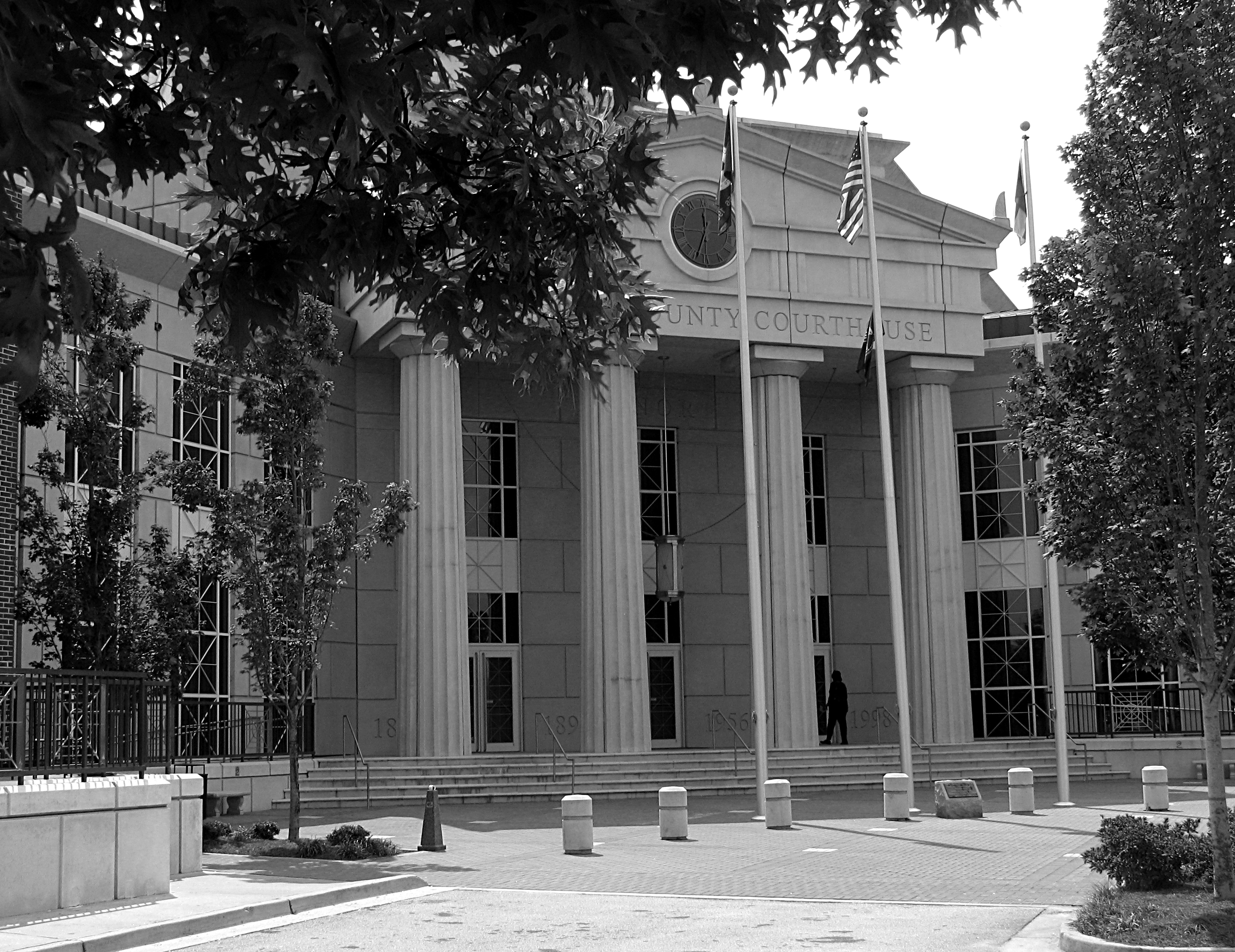Our Palm Desert estate planning attorneys continually see clients who have not updated their Will or Trust since it was first established….20 or more years ago. Although out-of-date documents are better than no document at all, current and updated documents are best. Estate tax laws change regularly and so do changes in state laws regarding estates and trusts. We recommend clients review their estate planning documents at least every five years. However, there are some circumstances which necessitate reviews and revisions sooner than the five year mark.
MAJOR FAMILY LIFE CHANGES
If your immediate family experiences a major event such as a marriage, death or birth, you should review your current documents.
SIGNIFICANT CHANGES IN ESTATE TAX LAWS
Current estate tax rates and exemption levels are set to end on December 31, 2012 absent an act from Congress. The new law effective January 1, 2013 is dramatically different than our current laws.
CHANGES IN REAL PROPERTY
When you buy or sell a home you need to revisit your estate plan and make sure you update your documents to reflect this change. If you have a trust, make sure that all new pieces of real estate are vested properly.
FINANCIAL SUCCESSES AND SETBACKS
Whether you sold a business and are expecting significant financial gains or realized considerable losses, you need to review your plan. Some estate planning mechanisms may no longer work for your changed financial status.
Continue reading
 Palm Springs Estate Planning Lawyer Blog
Palm Springs Estate Planning Lawyer Blog





